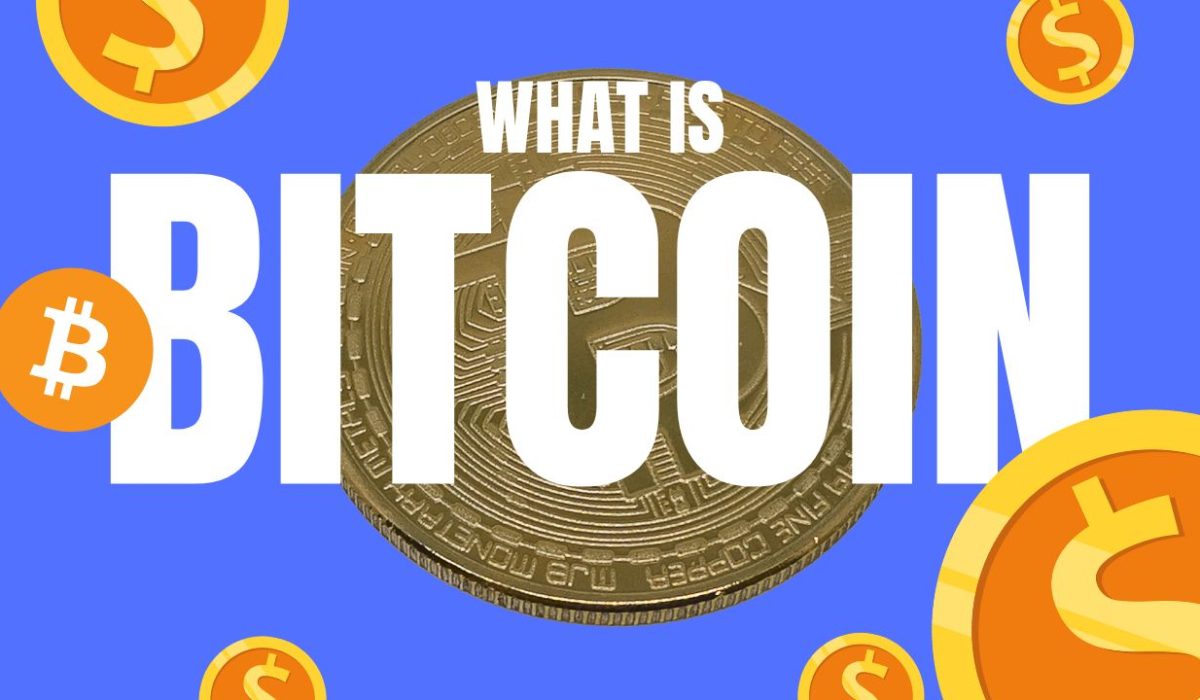Table of Contents
ToggleBitcoin: An Overview
This blog tracks Bitcoin’s path up from being a weird and wired digital wearable to an omnipresent entity in the global financial landscape. It takes a look at the historical, current and projected prices of Bitcoin with relative considerations to other assets included in markets affected by Bitcoin. This exploration allows readers to better understand where Bitcoin fits in the modern financial space.
The Genesis of Bitcoin
Emergence and Establishment
Satoshi Nakamoto created Bitcoin. “Satoshi Nakamoto” is a fake moniker for the person or people who created the paper, invented Bitcoin, and published it in 2008. The title of their work is “Unit Peer-to-Peer Electronic Cash System”. This paved the path for decentralized digital currencies, which transformed traditional finance. Blockchain technology used to securely record transactions in a public ledger.
Early Adopters and Results
January 2009 saw the mining of the “Genesis Block,” the first block in the Bitcoin history. With the rise of conferences, it became immediately relevant in the tech world. This momentum would sweep the world by storm with Bitcoin Pizza Day, an event in 2010 when someone paid 10,000 bitcoins for two enormous pizzas, marking a watershed moment in the history of this money.
Bitcoin’s place today and its relevance in the world today!
Market Evolution and Expansion
Bitcoin is now an established financial asset; it enjoys dominant status as the pinnacle of cryptocurrencies and has surpassed fiat currencies in terms of becoming a digital store of value, like gold but digital. It has been widely adopted, incorporated into the operations of big corporations and investment firms. It was widely reported that the approval of Bitcoin Exchange-Traded Funds (ETFs) is at an all-time high and there are more companies that accept payment with Bitcoin to come.
Technological Advancements
Scalability and transaction speeds: bitcoin’s network is always evolving to increase these. A major off-chain innovation, called the Lightning Network allows instant and low-cost transactions on second layers. Further continuous updates like Taproot show commitment to improving the ecosystem. CoinDesk featured an upgrade that will improve privacy of transactions, and increase Bitcoin strength.
Current Price Trends
Recent Price Swings
Volatility of PricesBitcoin’s price swings is well-known. Today, in May 2024, the price of a Bitcoin just is around $68,458. Macro, Micro and Sentiment Led To New All Time HighsAs Bitcoin price broke out to new all time highs this year alongside the narrative of Grayscale, CME Group leveraging cold storage integration with their bitcoin futures products as well without a pause in human surfacing I have had no choice but to lean into capitalizing on further profits.
Market Capitalization & Trading Activity
Since then, its market cap has surged to about $1.34 trillion — putting it in the same league as some of the biggest companies and stocks. Its high daily trading volumes provide a good degree of liquidity, which means those who want to buy and sell securities will be able to do so easily. Those metrics simply highlight just how widespread Bitcoin is used, and the growing acceptance of it as a security/investment tool.
Future Projections
Short-Term Outlook
The biggest event that’s likely to happen in the next few years is Bitcoin-halving, which is expected to take place in April 2024. In these halving events, which take place once every four years or so, the number of new bitcoins given to miners for each block mined are reduced by half. Traditionally, such occasions had always produced considerable price spikes.
Predicting the Future Performance of Bitcoin
According to these and other analysts, have varied perspectives on what may come next for the price of Bitcoin. Conversely, some say that the value of Bitcoin may surpass $1 million by 2030 and that it may reach above $150k by 2025. This growth is expected to because of an increase in adoption, continued improvement in technology, and macroeconomic conditions.
Whether Bitcoin will stand the test of time or be obsolete eventually as famed figures like Warren Buffet has questioned the future worthiness of assets such as which Bitcoin, that debate remains to date.
The Bitcoin Market
Global Impact
Currently, Bitcoin is acting as a global cryptocurrency on different markets around the world. Being decentralized, Bitcoins can be purchased and owned by any individual living anywhere across the world which further creates a truly global financial ecosystem. Coinbase, Binance and Kraken are all major exchanges that serve bitcoin traders around the world with trading for retail customers as well as institutions.
Regulatory Landscape
Take Bitcoin for example, there are some regions where Bitcoin is banned or heavily regulated and on the other end of the spectrum its use-case and potential untapped.Advertisement The lack of regulatory clarity is one key hurdle for wider acceptance of Bitcoin. Contrasting positions that require governments and well-known financial institutions in order to find the balance between keeping investors safe, but also encouraging innovation.
Increasing Institutional Particpation
Institutional involvement with Bitcoin is increasing. Investors from institutions with large investment funds, natively traded companies like such as that of EL Salvador and even entire national entities are more and more participating in the Bitcoin market. In turn, institutional adoption brings a stability and seriousness to the bitcoin ecosystem that helps draw in more investors than ever leading to organic growth.
Conclusion
Bitcoin, a globally traded cryptocurrency, has a massive chance to change the world of international finance publicly. Even though there are challenges ahead and much greater volatility, Bitcoin looks to have plenty more room for growth if one believes in culture, demographics, technology progression, increased acceptance of the asset class and its unique value proposition. In the future, Bitcoin may play a larger role in finance and become even more of our current financial system digitized.
Depending on what happens with these six questions, understanding Bitcoin’s context in its history along side the price trends and future forecasts as well as market dynamics help investors and enthusiasts gauge where the cryptocurrency is headed. Bitcoin is transforming our understanding of money, so long as you choose to view it as more than simply an instrument of communication or speculative investment.
- The regulatory terrain surrounding Bitcoin is unevenly distributed across counties, some countries take the tone of embrace whole heartedly while others impose severe regulations, or even ban them. Clear regulations are essential for Bitcoin to go mainstream. Governments and conventional financial institutions are working to create the right framework that will protect investors while encouraging innovation.
Rise of Institutional Presence
The involvement of institutional investors in Bitcoin has grown dramatically and will see many large corporate investment funds (like-El Salvador) and national entities involved Such institutional adoption paints Bitcoin as a more stable market, thereby attracting more investors to participate and contributes to the continual growth of Bitcoin prices.
Final Thoughts
Whether through serendipity or prescient design, the system worked well enough that later generations could build safe bridges to and from it as Bitcoin evolved from a dubious experiment in digital money into an integral part of global finance. Challenges and pricing instabilities not withstanding, Bitcoin has been able to continue along. As technology progresses, more and more people understand Bitcoin as something so mainstream you find with mobile phones. Its unique selling points have drawn more people supporting it.
Knowledge is Power: To investors and blockchain enthusiasts alike, it is crucial to grasp the history of Bitcoin as well as its present state, price trends and most importantly future prospects so that we may best navigate the ever-evolving landscape of Fintech. As a digital currency, store of value or speculative asset Bitcoin will be an important worldwide force in the future evolution of finance.



